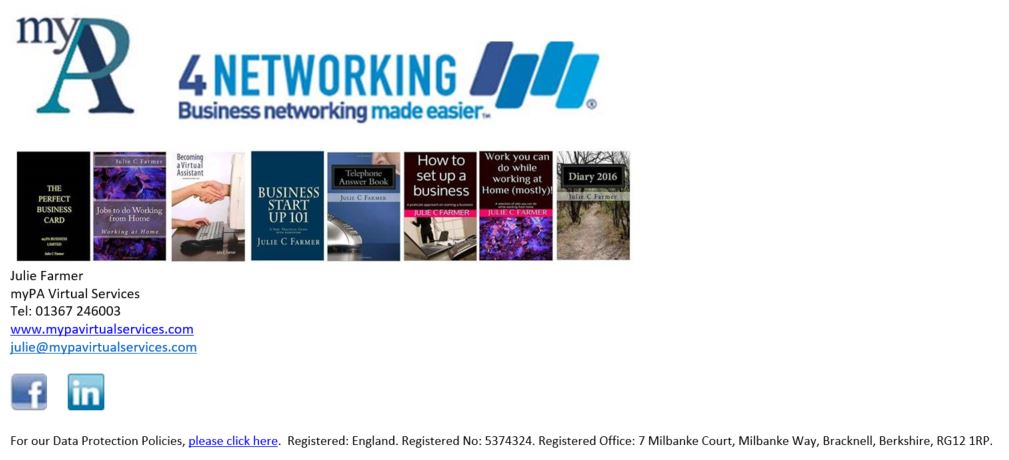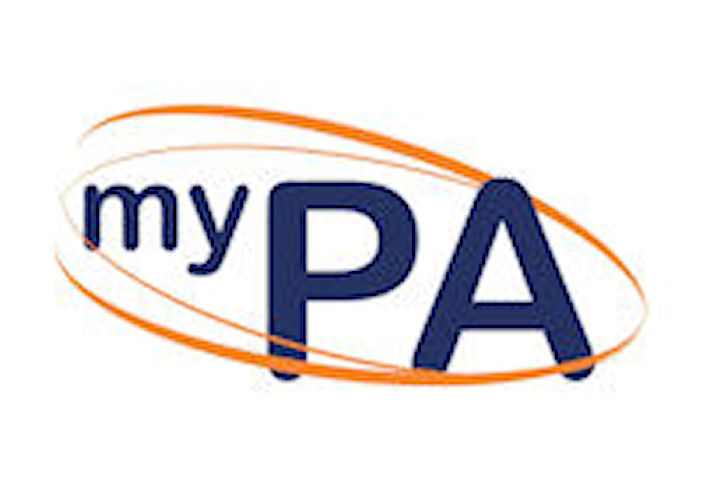
by myPABus | Jun 4, 2018 | Administrative Support, Business & Corporate, Business Training
Small Claims Fact Sheet
Small Claims Fact Sheet Objectives
- Introduction to Small Claims
- How to take Court Action
- What happens next in a Small Claims application?
- Does it cost money to take someone to Small Claims?
- Working out the interest on a Small Claims request
- You’ll have to go to court if…
- After the Hearing
1 Introduction – Small Claims
You can take court action against someone who owes you money and won’t pay. This is known as making a court claim. It can also be known as taking someone to a ‘small claims court’. You usually have to pay a court fee, and you may not win your case or get your money back.
2 How to take Court Action
The government has tried to make the process as easy as possible. The easiest way to claim it be completing the form online
https://www.gov.uk/make-money-claim-online
You can use this service to claim:
- For a fixed sum under £100,000
- Against no more than 2 people or organisations

3 What happens next in a Small Claims application?
- If they deny owing you money, you may have to go to court.
- You can get the court to order them to pay if they admit owing the money or don’t respond.
- If they still won’t pay, you’ll need to ask the court to take extra steps to collect the money – e.g. using bailiffs. This is called enforcing a judgment.
4 Does it cost money to take someone to Small Claims?
- Yes! It costs money to go to submit a small claims application.
- The fee is based on how much you are claiming + interest
- Using the Money Claim Online is cheaper than sending in the form.
| amount |
Sending the form to court centre |
Using Money Claim Online |
| Up to £300 |
£35 |
£25 |
| £300.01 to £500 |
£50 |
£35 |
| £500.01 to £1,000 |
£70 |
£60 |
| £1,000.01 to £1,500 |
£80 |
£70 |
| £1,500.01 to £3,000 |
£115 |
£105 |
| £3,000.01 to £5,000 |
£205 |
£185 |
| £5,000.01 to £10,000 |
£455 |
£410 |
£10,0
00.01 to £100,000 |
5% of the value of the claim |
4.5% of the value of the claim |
| £100,000.01 to £200,000 |
5% of the value of the claim |
You can’t claim using Money Claim Online |
| More than £200 000 |
£10 000 |
You can’t claim using Money Claim Online |
5 Working out your small claims interest
- The interest you can charge if another business is late paying for goods or a service is ‘statutory interest’ – this is 8% plus the Bank of England base rate for business to business transactions.
- You can’t claim statutory interest if there’s a different rate of interest in a contract.
After you have submitted your small claims
- The person or business who owes you money must respond to your claim within 14 days of receiving it.
- If you don’t get a response, you’ll have to ask the Court to order them to pay. You do this by continuing with the Money Claim Online form.
If you do get a response – YIPPEE!
- Tell them you are withdrawing your claim and also tell the Money Claim Online help desk.
6 You’ll have to go to court if…
- The person or business says they don’t owe you any money.
- They disagree with the amount.
- You can’t agree on how the money will be repaid.
- The court will send you a questionnaire asking for more information on the case. Fill this in and return it to the court.
This will incur additional costs.
- If your case is a small claim, under £10,000, it can be dealt with using written evidence, and not need a hearing.
If there is a hearing you can:
- Represent yourself
- Pay for a barrister or solicitor to represent you
- Ask someone to speak on your behalf, like your partner or an advice worker – you must get the court’s permission
7 After the Hearing
- You’ll receive a letter from the court, stating its decisions, and any actions you need to take.
Additional Resources
- I highly recommend using your local Citizens Advice Bureau for additional advice and support.

by myPABus | Apr 25, 2017 | Administrative Support, Business Training, CPD - Continued Professional Development, Office Skills

A Computer Firewall
What is a Firewall?
The term firewall is thrown about by those in the know about computer security, but what is it?
In the most general of terms, a firewall is a defence measure that your computer uses in an effort to protect itself from unwanted programmes and outside access to your computer. Think of it as a kind of filter that guards you against the dangers of the internet.
How does a Firewall work?
A firewall works by comparing information to a set of rules. For instance, if a website or online (more…)

by myPABus | Nov 4, 2016 | Administrative Support, Business & Corporate
Contact Details Email Signatures
Businesses work hard to get contact details from existing clients and new possible clients. Just take a look at your local supermarkets and insurance companies. They all want your contact details.
Businesses also work hard to keep a client happy, loyal and hopefully become an advocate for the services or products. There is just as much hard work and time invested in finding a new client. This all has a cost to the business because:
(more…)

by myPABus | Oct 19, 2016 | Administrative Support, CPD - Continued Professional Development, Office Skills, PA and Secretarial Training
Have you heard of the term CPD? Do you know what it means and more importantly, do you know what it involves?
CPD stands for Continued Personal/Professional Development. In short, it means that you continue to study after you finish school, college or graduate from university. There are a number of professions that once you achieve a pass mark in the basic qualifications will be the start of a lifetime of study, for example, a solicitor, a doctor or a planner. What about your profession? Do you need to embark on CPD?
If your profession does not demand Continued Professional Development, have you made the decision to discontinue studying? To have a successful career, we advocate a continued approach to education/studies. Continued Professional Development is there to help you excel in your chosen field. CPD will also keep you abreast of the latest trends, legal changes and current business relationships which ultimately could give you an advantage over your colleagues.
Education never stops
Making a personal decision to continue your education/studies and improve your knowledge in your chosen field may become a prerequisite for your employment. An example of this is the IT Industry. Information Technology is changing all the time and good developers, support staff and programmers need to keep abreast of current technology, languages and innovations. If you decided to terminate your studies, this could have a detrimental effect on your career.
Once you have made the decision to continue with your education, what should you do? There are a number of organisations that can facilitate your education. The only decision you need to make will be, which route suits your personal circumstances:
- Online training courses
- Studies in a classroom setting – often given by trade bodies
- Correspondence courses
- Seminars and Open days
- Trade Federations
- Professional Magazines in a chosen field
What is CPD for your occupaation?
You could be in an occupation where CPD is not required. Nevertheless, this does not mean that further study is not for you. It could be advantageous for you to engage in a study course with a local college or night class in one of the hobbies you enjoy for example cooking or sewing. Furthermore, you could learn a new skill, for example, car maintenance.
Further, more studying has a number of wonderful side effects. You could meet new people, gain skills and more importantly keep your brain active. Indeed, the Alzheimer’s community have suggested that keeping your brain active could help prevent many mind degenerative disease.
All studying requires is your dedication to the course, that you will be receptive to new concepts, your time and the drive to become successful









